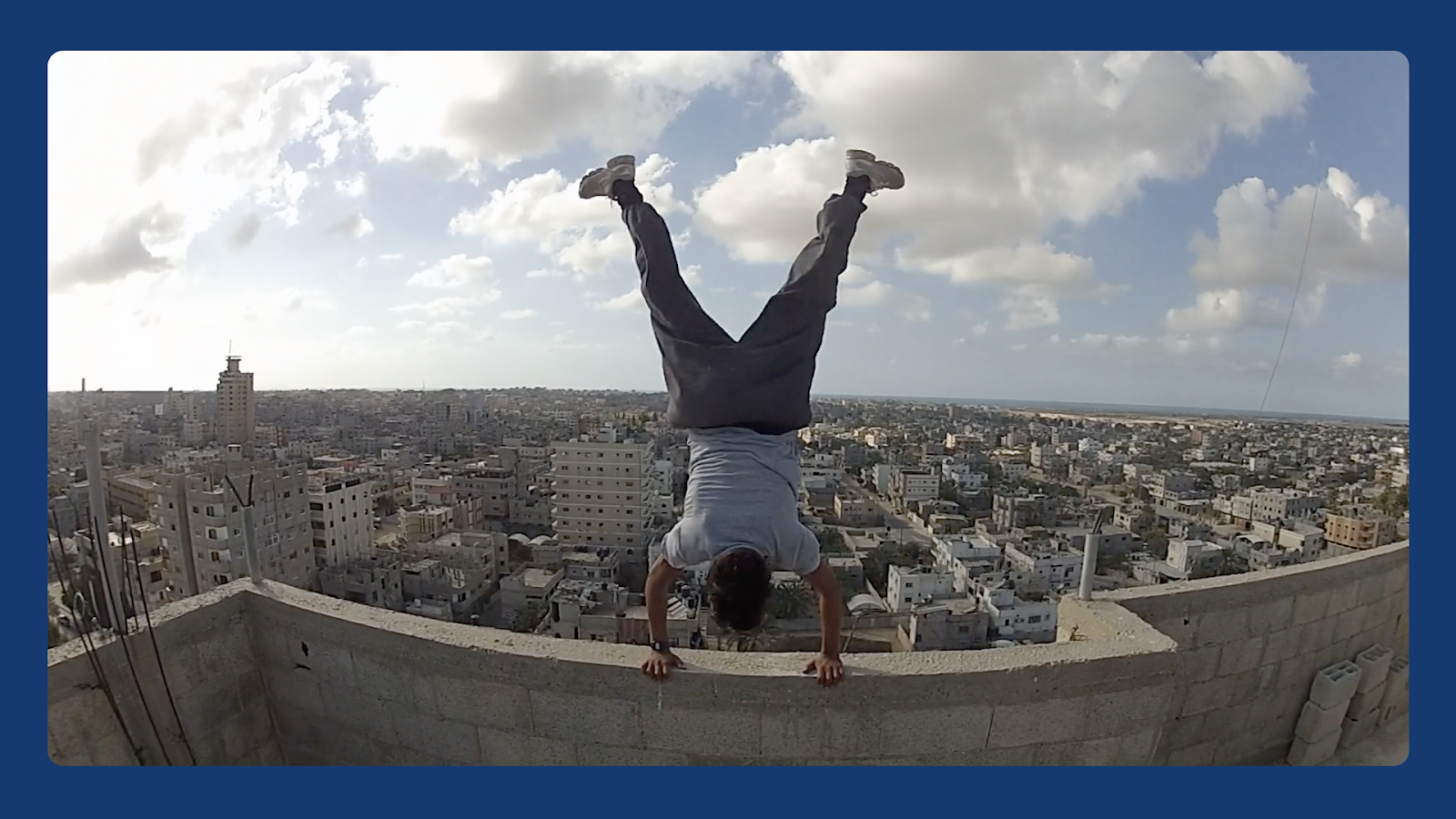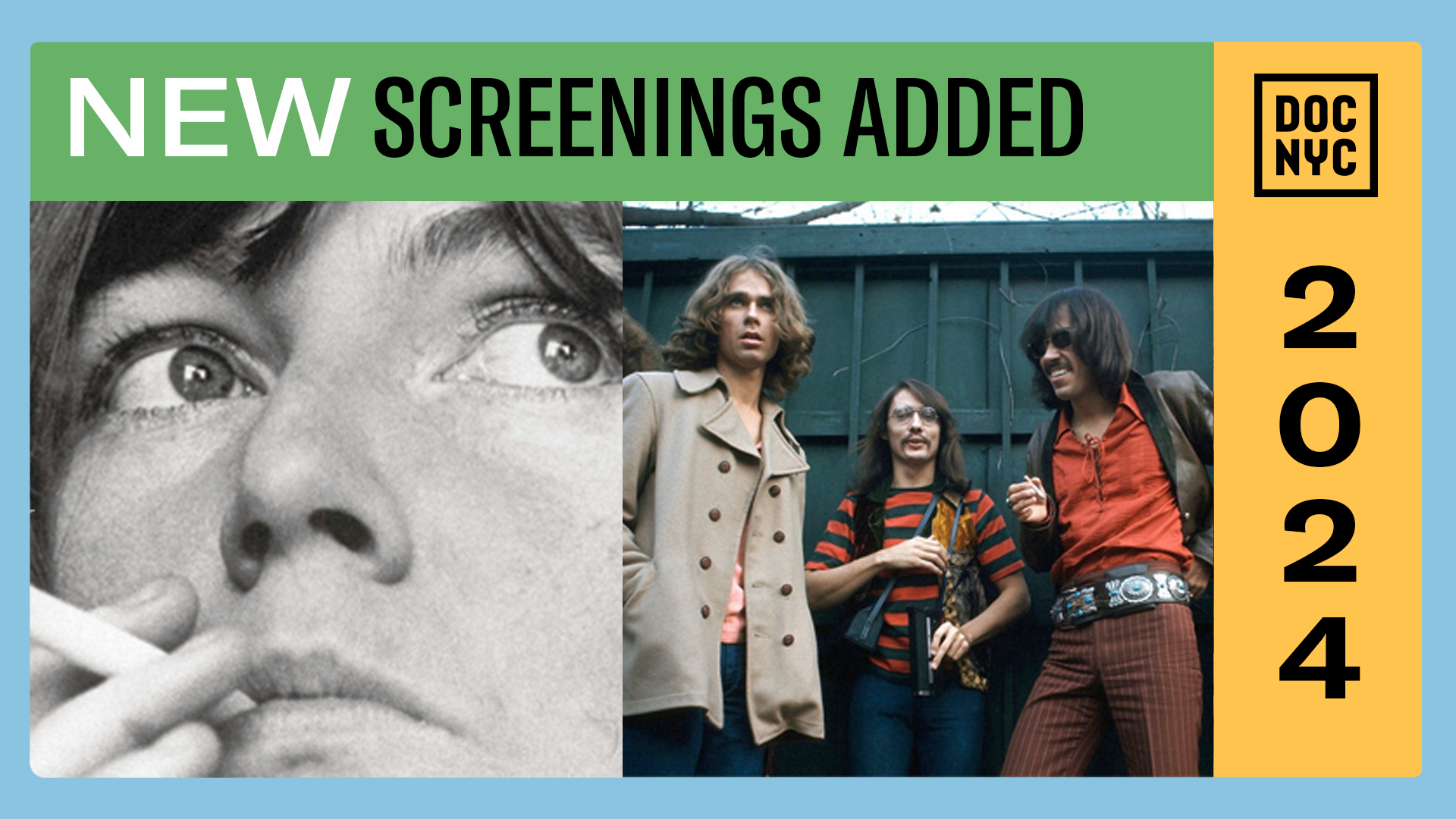The Unknown Known: The Interrotron Takes on Donald Rumsfeld

This post was written by DOC NYC blogger Maggie Glass.

DOC NYC kicked off its gala events for the 2013 festival on Thursday with the New York premiere of THE UNKNOWN KNOWN, the most recent documentary from acclaimed filmmaker Errol Morris. Thom Powers, DOC NYC’s artistic director, introduced the film as a continuation of Morris’s investigations into how we seek out “truth.” THE UNKNOWN KNOWN’s particular pursuit of truth is told through the lens of former Secretary of Defense Donald Rumsfeld, with a focus on the power of words: to reveal, to obfuscate, to deflect, to deny.
The film itself begins with a discussion of words–namely, Rumsfeld’s habit of sending an endless stream of memos to his staff throughout his career. Political archives hold tens of thousands of these memos, many of which he reads verbatim for the film. Words march across the screen, fade in and out of sight, and spiral down into blackness as Rumsfeld discusses his political past, his role in the wars in Iraq and Afghanistan, and his place in American history. The film takes us on a thorough and fascinating tour of his political perspective, while archival footage and news clips provide something of a counterbalance to his party line.
Rumsfeld is a game interviewee—confident and surprisingly charming—and he appears to enjoy the dialogue, which is contentious at times. And while he doesn’t shy away from Morris’s probing questions, rarely does he allow them to truly penetrate. During the Q&A following the film, Morris described spending more than 30 hours with Rumsfeld over the course of 11 days, and yet emerging with no clearer picture of him as a person. “I wish I could say that I had some deep understanding of Donald Rumsfeld,” Morris told the audience. “I would like to understand him. At times I wonder if there is anything to understand. What you see is what you get.” And yet, this elusive nature provided Morris with an unusual perspective on his subject. “It’s not the presence of anything, but the absence of something,” he said of the film. “It creates a portrait of something that isn’t there.”
After the screening, an audience member asked whether Rumsfeld himself had seen the documentary. Morris responded that Rumsfeld not only had seen four cuts of the film, but would send elaborate notes outlining critiques and recommending changes. And yet for someone who has amassed such a vast collection of words and opinions, he remains somewhat of an enigma. “He writes so many memos,” Morris said, “that he disappears inside them.”
Maggie Glass is a New York based writer and film editor.


